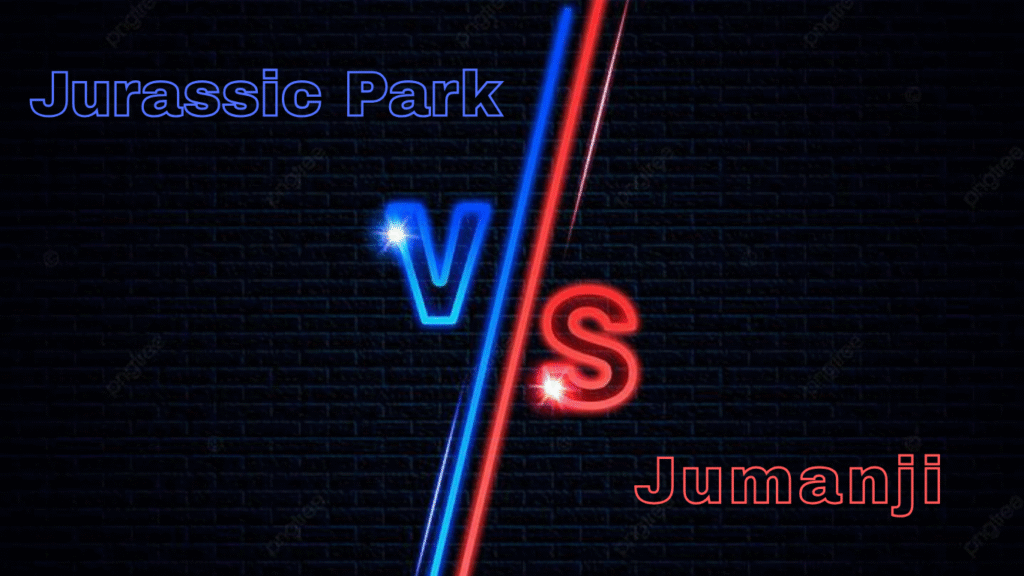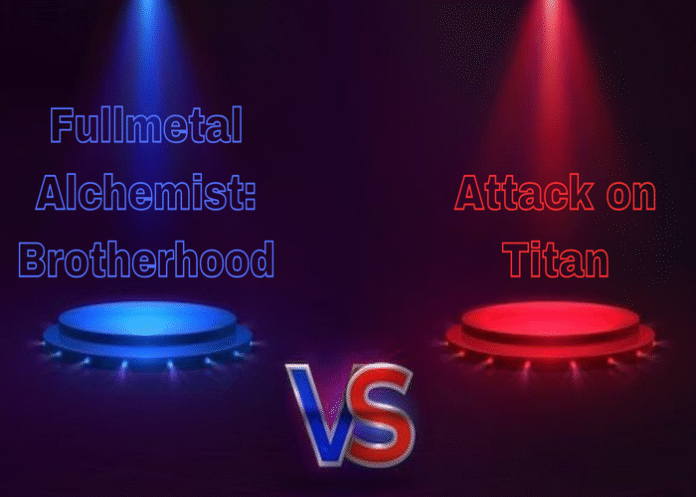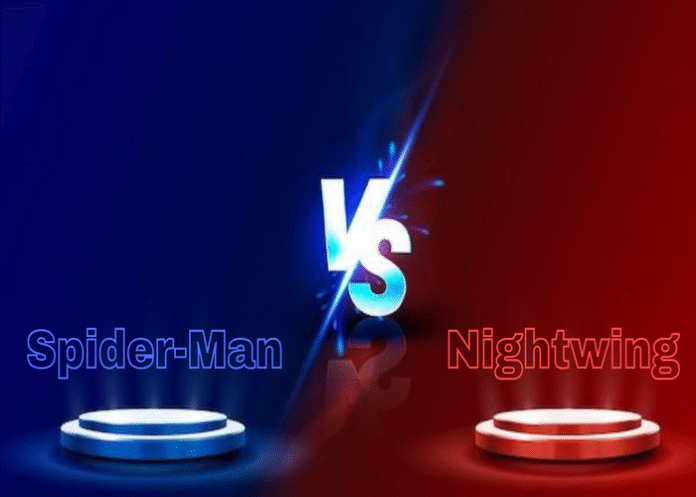
Two legendary films. One has you running from T-Rexes; the other from stampeding rhinos and Jack Black impersonating a teenage girl. But when it comes to big-screen bragging rights, who wins: Jurassic Park
Box Office Bragging Rights
Jurassic Park (1993) chomped down on over $912 million in its original run,a monstrous number for the ‘90s. Adjusted for inflation? You’re looking at a dino-sized total well north of $1.4 billion.
Jumanji (1995) earned a humble-yet-mighty $263 million, a solid number for a family flick that grew into a cult classic.
Then came the reboots swinging in like jungle vines:
Jumanji: Welcome to the Jungle (2017): $962 million. Turns out The Rock + nostalgia = profit.
Jurassic World (2015): $1.6 billion. Dinosaurs still eat box offices for breakfast.
Note: Direct comparisons are a bit like comparing T-Rex teeth to game tokens,different eras, ticket prices, and strategies. Still, Jurassic Park definitely came out with the bigger bite.
Rotten Tomatoes Rumble
Jurassic Park: A certified-fresh 92%. Critics were wowed by the effects, pacing, and the glorious horror of velociraptors in kitchens.
Jumanji (1995): A modest 55%, though audiences often loved it more than critics did.
Jumanji: Welcome to the Jungle: A respectable 76%, proving The Rock doesn’t just lift weights,he lifts franchises.
Jurassic World: Not to be outdone, it held firm with 71%.
So both franchises brought the juice. Jurassic Park had the critics screaming (in awe), while Jumanji pulled off the ultimate second-act glow-up.
Franchise Firepower
Let’s talk legacy-building:
Jurassic Park evolved into a six-film juggernaut, theme park rides, LEGO empires, best-selling books, and even the Netflix animated series Camp Cretaceous (because apparently kids still love watching other kids almost get eaten).
Jumanji? From cursed board game to glitchy video game cartridge, it flipped formats and scored big. Plus, its ‘90s cartoon series was wildly creative and gave Alan Parrish more backstory than the original film.
Awards?
Jurassic Park cleaned up at the Oscars with 3 Academy Awards for Best Visual Effects, Best Sound, and Best Sound Editing,basically the Hollywood equivalent of dunking on everyone else in the tech game.
Cultural Impact Showdown
Jurassic Park didn’t just make dinosaurs cool again,it redefined what CGI could do. It inspired:
- A generation of paleontologists.
- Countless documentaries and museum exhibits.
- Theme park rides that literally scream, “Hold onto your butts!”
Jumanji, meanwhile, tapped into the magic of unpredictable adventure. It taught us:
- Never trust board games that make jungle noises.
- Robin Williams yelling “What year is it?!” is a whole mood.
- Body swaps can be hilariously confusing,and low-key genius in reboot storytelling.
Different energies, same cultural grip. Jurassic changed cinema tech; Jumanji kept the adventure genre evolving with the times.
Core Concept Clash: Science vs. Magic
This is the philosophical face-off:
Jurassic Park: Man plays God with frog DNA. Dinosaurs escape. Chaos theory confirmed.
Jumanji: A mystical game with zero rules and infinite chaos. You roll, you pray, you run.
Where Jurassic says, “What if science went too far?”, Jumanji says, “What if Monopoly tried to kill you?”
Both deliver wild rides, but through totally different portals: one high-tech, the other high-fantasy.
Clarification Corner:
Yes, “Clever girl” is an iconic raptor line from Jurassic Park,not about kitchen ninjas. But hey, the mental image of raptors ambushing someone in the kitchen while whispering compliments still works.
Jurassic Park: CGI’s Game-Changer
Pioneering Realistic CGI:
ILM created digital dinosaurs so lifelike, they made stop-motion extinct.
Blending CGI with Animatronics:
Spielberg used a perfect mix of digital effects and practical models. Result? You believe that T-Rex is breathing on that Jeep.
Influencing Major Franchises:
Without Jurassic Park, no Gollum, no Thanos, no Avatar. Period.
Advancing Motion Capture:
Its tech paved the way for motion capture used in later cinematic giants.
Changing Audience Expectations:
After 1993, anything less than dino-realism just didn’t cut it.
Final Verdict: Dino Stomp or Dice Roll?
Jurassic Park roared louder, changed the industry, and left footprints so big they spawned an entire cinematic generation.
Jumanji, though? It played the long game (literally) and rolled the dice on reinvention,and won big with charm, clever humor, and surprisingly deep storytelling.
Winner?
Technically: Jurassic Park by a T-Rex-sized margin in innovation, impact, and box office.
But spiritually? Jumanji is that underdog you can’t help but root for,because sometimes, the dice land just right.
Key Points
- Jurassic Park didn’t just break the box office,it stomped in, roared, and rewrote cinematic history with its mind-blowing blend of CGI and animatronics.
- Critics were just as awestruck as audiences,Jurassic Park was praised as a technical marvel and a masterclass in blockbuster filmmaking.
- Jumanji (1995) brought board games to life,literally,and made us all slightly afraid to ever roll dice again.
- The original Jumanji wasn’t an instant legend, but its mix of heart, humor, and monkeys on motorcycles earned it cult classic status.
- Jurassic World (2015) proved dinosaurs age like fine fossilized wine,earning billions and making mosasaurs the new sharks.
- Jumanji: Welcome to the Jungle pulled off the rare reboot miracle: honoring the original while updating the chaos for a meme-loving generation.
- Jurassic Park didn’t just sell tickets,it sold dinosaurs. Museums, toys, books, and Halloween costumes exploded in popularity.
- Jumanji had an animated series in the ‘90s that expanded the world of jungle madness and, yes, it was delightfully weird.
- Jurassic Park redefined what movie monsters could be,terrifying, majestic, and somehow capable of opening doors.
- The Jumanji reboot worked because it didn’t try to replace Robin Williams,it created a new dynamic while paying subtle tribute to his legacy.
Fun Facts
- The T. rex animatronic in Jurassic Park would sometimes activate on its own when wet,once terrifying the crew during lunch. Imagine your sandwich getting T-rex’d.
- Robin Williams improvised so many lines in Jumanji that the cast and crew were often reacting to jokes they hadn’t heard before,chaotic jungle energy, indeed.
- Despite the dino hype, Jurassic Park only has about 15 minutes of actual dinosaur footage,proving less is roar.
- Jack Black studied teenage girls on YouTube to channel Bethany in Jumanji: Welcome to the Jungle. Commitment or curse? You decide.
- Spielberg ditched stop-motion mid-production when he saw the test CGI dino and said, “Yup, we’re going full T-Rex.”
- The word “Jumanji” is commonly believed to be derived from Zulu, meaning “many effects” or “many consequences”,though this translation is debated, it’s fitting for a game that unleashes stampedes and existential dread.
- The raptor sounds in Jurassic Park? A cocktail of tortoise mating noises and horse breath. Not kidding.
- Dwayne “The Multitask” Johnson promoted tequila, launched a gym brand, and filmed Jumanji,possibly while bench-pressing a jungle set.
- Michael Crichton wasn’t going to write a sequel novel, until the film’s wild success made it a no-brainer (and a cash-saurus).
- After the movie, Jumanji was turned into a real board game. Sadly, no stampedes included,yet.
- That iconic sneeze from the brachiosaurus? It was created using whale sounds, a fire extinguisher, and someone having too much fun.
- Bonnie Hunt’s Jumanji audition had her pretend to run from monkeys, vines, and jungle weather,all without props. Oscar-worthy imagination.
- Jurassic Park boosted real-world interest in paleontology. Some kids grew up to be dino scientists, and some just bought a lot of T. rex hoodies.
- The Jumanji franchise has earned over $2 billion globally,proving jungle games print money.
- Child actors Ariana Richards and Joseph Mazzello were actually terrified during some scenes,the T. rex was real enough to make them forget it wasn’t hungry.

